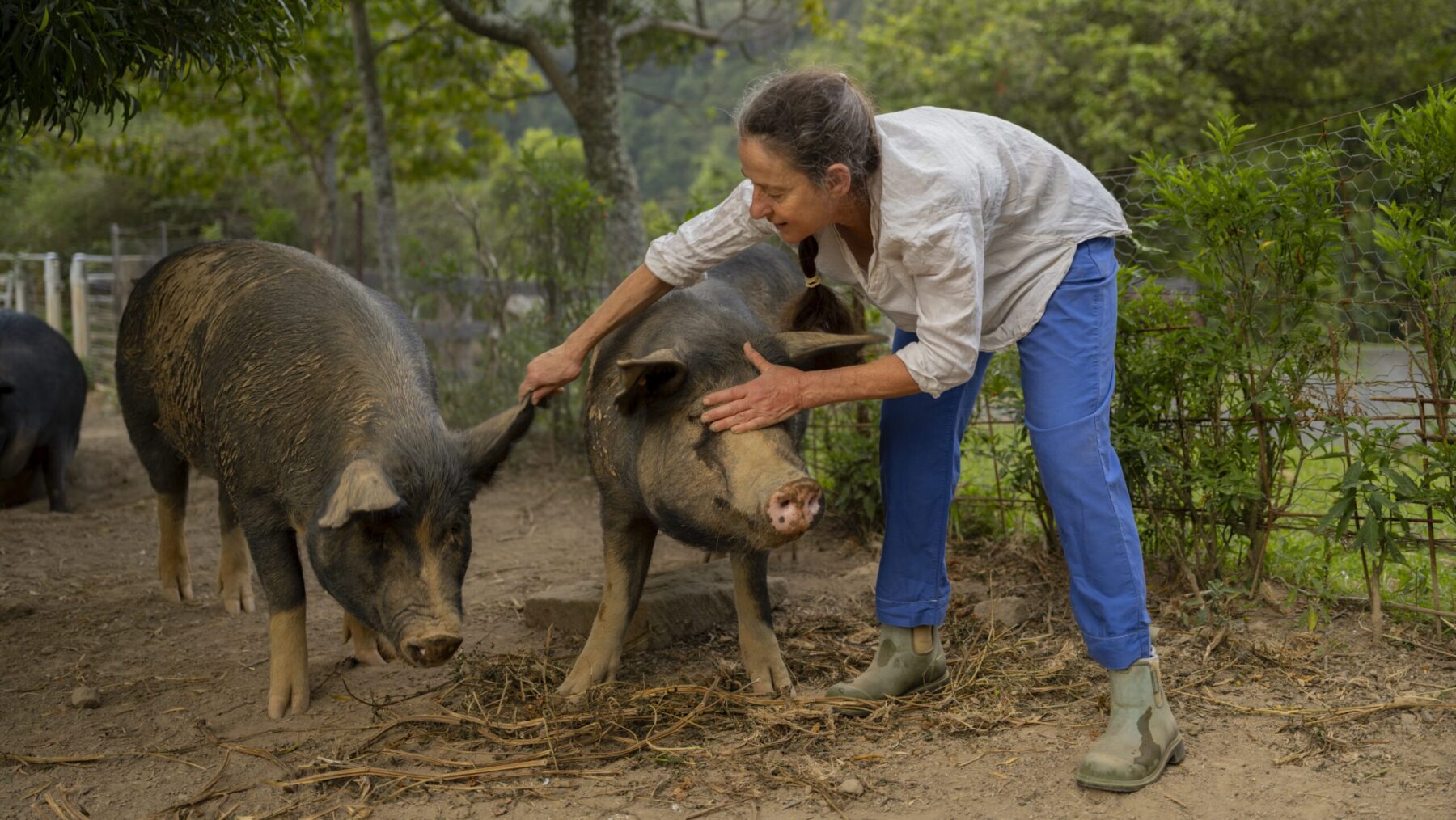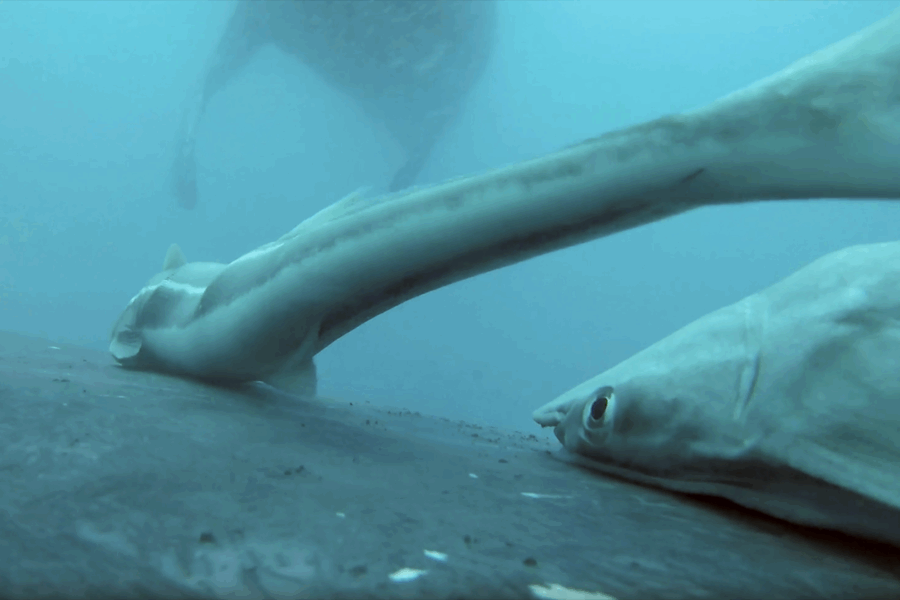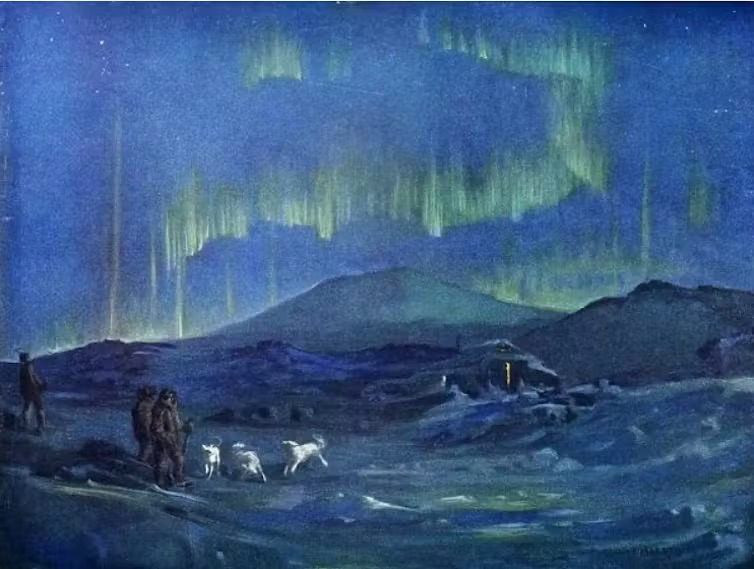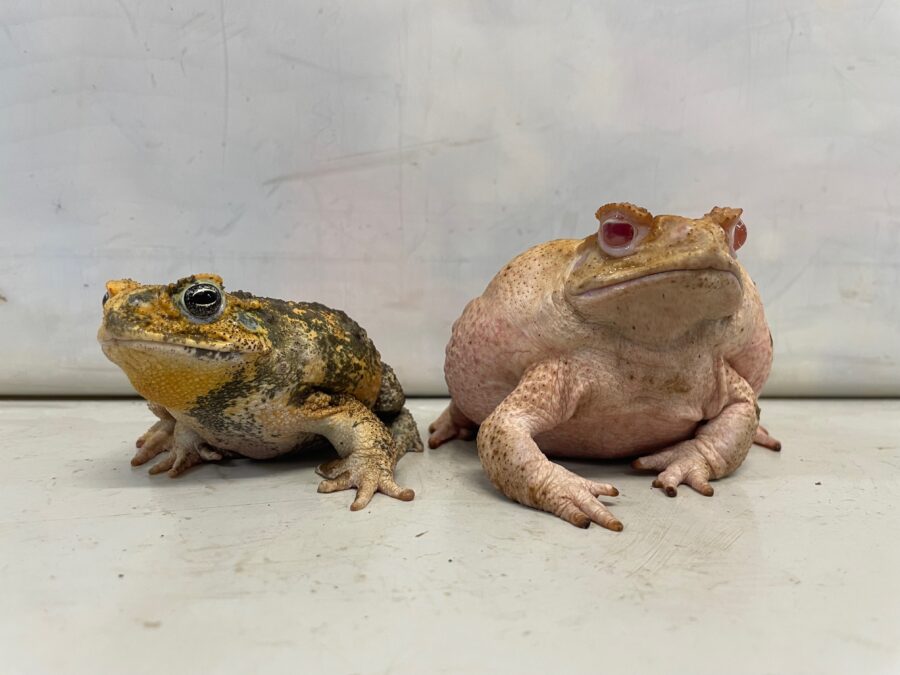For someone with so much horror embedded deep in her DNA, Danielle Celermajer radiates a lot of joy and positivity. Conversations with her are intensely thought-provoking and frequently touch on topics of despair. And yet, ultimately, they’re also delightfully uplifting. You come away from spending time with Danielle sensing that you’ve been in the company of one of Australia’s – and perhaps the world’s – most profound thinkers. And you’re reassured that an extraordinary intellectual prowess is being directed into making the world a considerably better place.
Dr Danielle Celermajer is a professor of sociology and criminology at The University of Sydney (USyd) and has been a human rights advocate for more than three decades. These days, however, she’s more active as an academic helping shape answers to some of earth’s most pressing challenges. Her core research interests extend well beyond justice for humans – and even other animal species – to encompass all life. She’s deputy director of the Sydney Environment Institute, and lead of the Multispecies Justice Collective.
At the heart of her work are profoundly philosophical concepts that might be hard for many people to grasp, but which become clearer after hearing how she got to this place in her life.
Danielle knew she wanted to work for human rights from an extraordinarily young age. “I was very clearly brought up in the shadow of the Holocaust,” she says, detailing the heartbreaking experiences of her Jewish family who lived in Poland at the outbreak of World War II. “It’s a very important part of how I narrate myself.”
Both Danielle’s parents were young children during the war. “My mother was born in ’38, my father in ’35. My parents were hidden during the war…but my father’s sister [Alma], who was 12, was murdered,” Danielle says.
After WWII, her parents ultimately came to live in Australia, where they met and married. Danielle and her brother, David Celermajer, now a professor of cardiology at USyd, were born in Sydney in the 1960s. And throughout their childhood, their father, John, and mother, Tina, reinforced that memories of wartime horrors could be turned around and used for good. “They were adamant about our responsibility to make the world a better place,” Danielle says. Even as a child, this became entrenched in her psyche, fuelling her ambition to pursue human rights. “I became very focused on how we could create institutions and societies where atrocities don’t get normalised.”
The horrific experiences of her family drove her from a young age. “It felt very epigenetic,” she says, alluding to the scientifically proven concept that environmental effects can make long-lasting structural changes to a person’s DNA, affecting how their genes are expressed. “My grandmother told me about being tortured when I was four, so I was saturated with that reality.”
Danielle went on to study philosophy and social policy as an undergraduate, and quickly followed that with a master’s degree in philosophy and a PhD in political science and international law. She worked for Australia’s Human Rights Commission and as a speechwriter for Indigenous barrister and academic Professor Mick Dodson.
Understandably, Danielle was, she admits, a “very intense” child, and that intensity has carried through to her adult life. At the same time, and very importantly, her narrative has been consistently entwined with a love of animals. “I’ve always had an easy connection with, and loved, other animals very much,” she says. In fact, as a child, she felt more at ease with other animals than with humans, and she also felt a very deep connection with the environment.

Around the time of the death of her mother, Tina, about 10 years ago, Danielle had an epiphany. It was “universalism” that had attracted her to human rights – the idea that justice belonged not only to the people of a nation or a particular gender or race. Anyone was entitled to justice. And yet, now it dawned on her that the usual doctrines surrounding justice, human rights included, weren’t truly universal; they stopped at the edge of the human condition. “I had been very committed to human rights work, but there was a type of disconnect between how I felt about the world, about all earth beings, and what I was doing for my work,” she recalls.
And then it all began to come together for her.
“We’ve convinced ourselves in the West that humans are exceptional because we’ve got reason, we’ve got language, we’ve got, you know, a soul – whatever the justification is,” Danielle says. “But so much of that is falling away now as we learn more about other animals and forests and fungi and mycelium [the nerve-like fungal connections that spread through forest floors]. And we’re learning more about how humans are always entangled and interdependent with earth, and not only the human world. Of course, Indigenous peoples have always known this, but their knowledge has been systematically dismissed.”
She thought deeply about the widespread fundamental questions about justice that arose after WWII and how, of course, they were relevant not just to individual nations but also to all humans. And then she had a crystallising eureka moment, the likes of which so many people spend a lifetime searching for. “What would it mean if we said justice isn’t just for humans, but it’s for all earth’s beings?” Danielle says, her face becoming animated and her mood suddenly lightening. “And that question, honestly, that question! Once I started to ask it, it felt like it was the absolute core question of my life.”
She gave it context, in her thoughts, to scenarios such as climate change and ecological collapse as she developed her philosophy. “We know that the way most humans have come to live on the planet is so destructive, not only for ecological systems and other animals but for the very conditions of life,” Danielle says. “It just seemed that if we’re not asking about how we create conditions where all earth’s beings can flourish, then we’re not asking the right questions.”
It was, for Danielle, a very “weighty realisation”. And it’s now at the heart of so much of what she does, both professionally and personally. To put it simply, Danielle’s work and life are now about applying the principles and philosophies underpinning ethical understandings of justice to all aspects of life on the planet.

It was a life-changing moment. Danielle realised that she, herself, was also part of this world that saw humans as exceptional beings beyond all other life forms – and that if she was going to answer the questions that her new realisation raised, she, herself, needed to change. “I needed to be re-formed as well,” she says. “And that was when we moved out of the city.” Danielle and her partner, Leonard, wanted to live in an “intentional multispecies community”, away from the concrete, steel and asphalt of a city – namely Sydney – heaving with humans and suffering from a shortfall of other species. “I wanted to live with forests, with animals, with soil, with a river,” Danielle says. “And I didn’t just want to do this as an intellectual exercise. I wanted to remake myself so that I could do the work with authenticity.”
She realised also that she’d come to the age where her grandparents, refugees to Australia, had made profound choices in their lives to ensure safety for those who’d come after them. “The future that my beloved kids – my daughter, Arielle, and two stepsons, Sacha and Hugo – were facing made viscerally real the precarity of life for all future generations,” she says, “and that it would not be money, but fertile land and clean water – and a connected and caring community – that might hold them.”
She and Leonard found and moved to a property on the NSW South Coast where they could be surrounded by nature, including other animals both native and domesticated. But Danielle’s world was soon impacted again by horror when the Black Summer bushfires of 2019-20 erupted. She and Leonard, along with the domesticated animals who lived with them, were evacuated, but her dear friend Katie – a pig with whom she’d developed a particularly close bond – was evacuated to land that two days later became one of NSW’s worst fire grounds. Katie was killed.
The effect, though, was to strengthen her resolve that her work was heading in the right direction. “As we were on our way back south [after one of several evacuations] I was listening to the radio, and they kept talking about the fires as a tragedy, about how all the death of the animals had been a tragedy that resulted from a natural disaster,” she says. “And it struck me that those words completely obviated our [human] responsibility.” The event wasn’t a tragedy caused by a natural disaster; rather, it was a crime triggered by human-induced climate change.
Already a highly accomplished author of several books, Danielle penned an essay entitled Omnicide: Who is responsible for the gravest of all crimes?. The word omnicide came to her sitting in the car that day – ‘omni’ meaning all and ‘cide’ meaning murder or killing with responsibility. “I later discovered it had, appropriately, been previously coined by people trying to describe the full-scale devastation of nuclear war. Like them, I reached for a word that went beyond any delimited killing, a word that would describe the profound ethical crime of killing all that is,” she recalls. “So, I came home and wrote that piece.” Shortly after, she wrote and published a powerful book about the fires entitled Summertime: reflections on a vanishing future.
It’s perhaps not surprising that Danielle nominates her greatest influence as the Jewish philosopher Hannah Arendt, who escaped to France from Germany in 1933 after being imprisoned by the Gestapo and ultimately lived in the United States. Known as one of the most influential political theorists of the 20th century, Arendt’s major written works include
The Origins of Totalitarianism, The Human Condition and Eichmann in Jerusalem.
“She was an extraordinarily independent and very political thinker,” Danielle says. “I consider that my work is intellectual – you know, I’m an ideas person – but she is the person who, for me, most strongly insisted that your ideas must always be formed in an encounter with the world as it is.”
To elaborate on what she means, Danielle continues. “There’s a wonderful line in an interview [Arendt] gave where she’s asked, ‘When did you start to feel responsible?’ and she replies, ‘The burning of the Reichstag in 1933’. That was when I realised that philosophers are trapped in their ideas, and that to be a responsible philosopher means to be in confrontation with the world as it is.”

For Danielle, that means she must question her role as an intellectual in the context of issues such as climate change and ecological collapse.
“As you get older, you realise the complexity and enormity of what we’re dealing with. The best thing you can do is to work out, what’s my [role] here? What do I do really well, and how can I do that in collaboration with others?” she says. “And that, for me, is to understand how things came to be the way they are. Like, why are we in this shitshow of ecological destruction? And how could we imagine our way out of it?”
To answer these questions, Danielle returns to her family’s history. “Because my aunt Alma was murdered when she was 12, that reality of ultimate suffering has been very present with me all my life. But I’ve always thought, what was that like for her? Would it have been better for her if, at the end, she had someone with her who loved her no matter how bad it was?”
It’s a perspective Danielle transposes onto what’s being faced by the planet. She envisages a future of inevitable death, extinction and suffering.
But how that unfolds, she says, will be the responsibility of humankind’s collective power. “Life is an incredible gift, and we live in such an infinitely wondrous universe. We think the planet belongs to us, but we’ve forgotten that we belong to the planet,” Danielle says.
“What we’re seeing at the moment are the politics and sociality of incredible cruelty. And as people become more and more afraid, cruelty is ascendant.
“We could be kind. We could care for each other. We could care for other animals, even as we’re suffering, even as things are unravelling. And if we could, we should.”
Ultimately, it seems, that to a person whose existence has been immersed in immense cruelty since before she was even born, the answer to the future of the planet is kindness.



